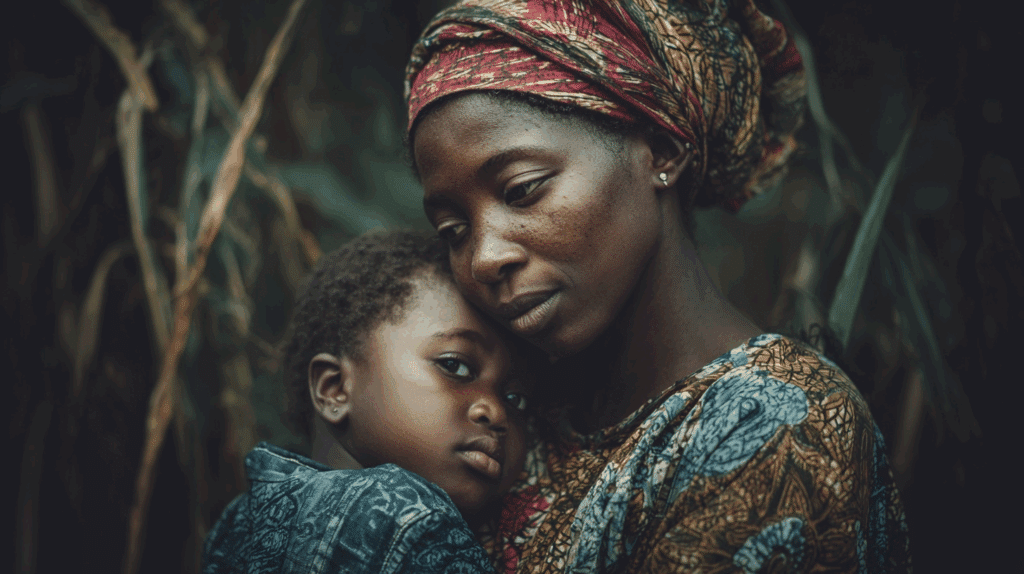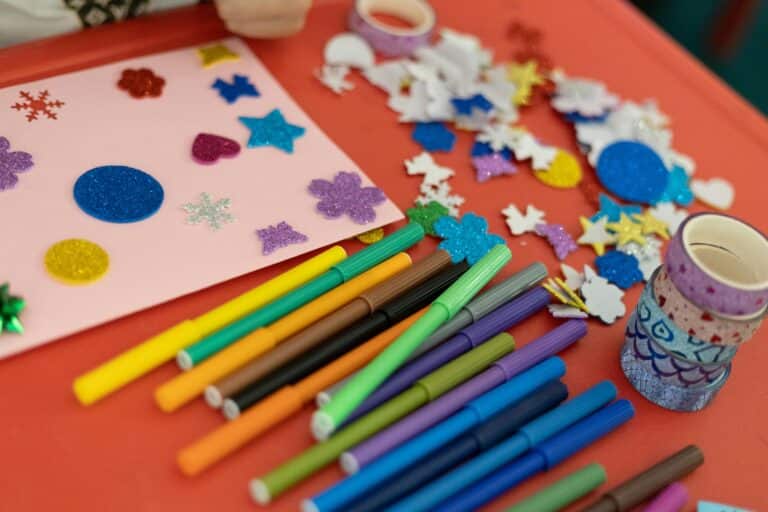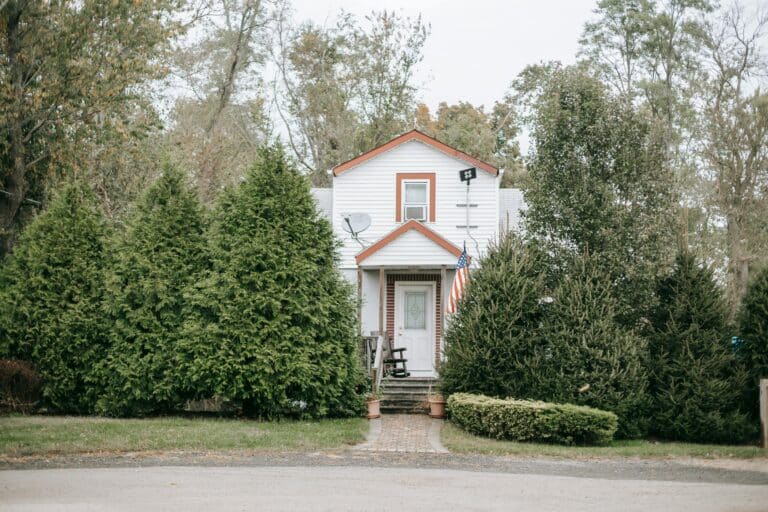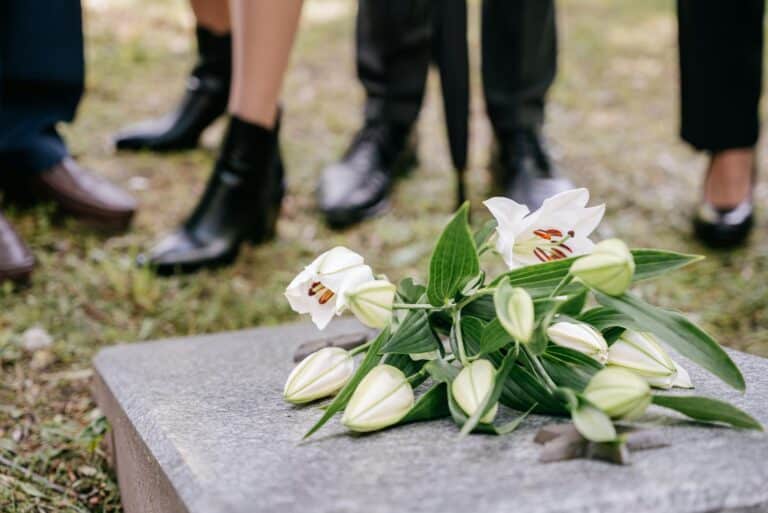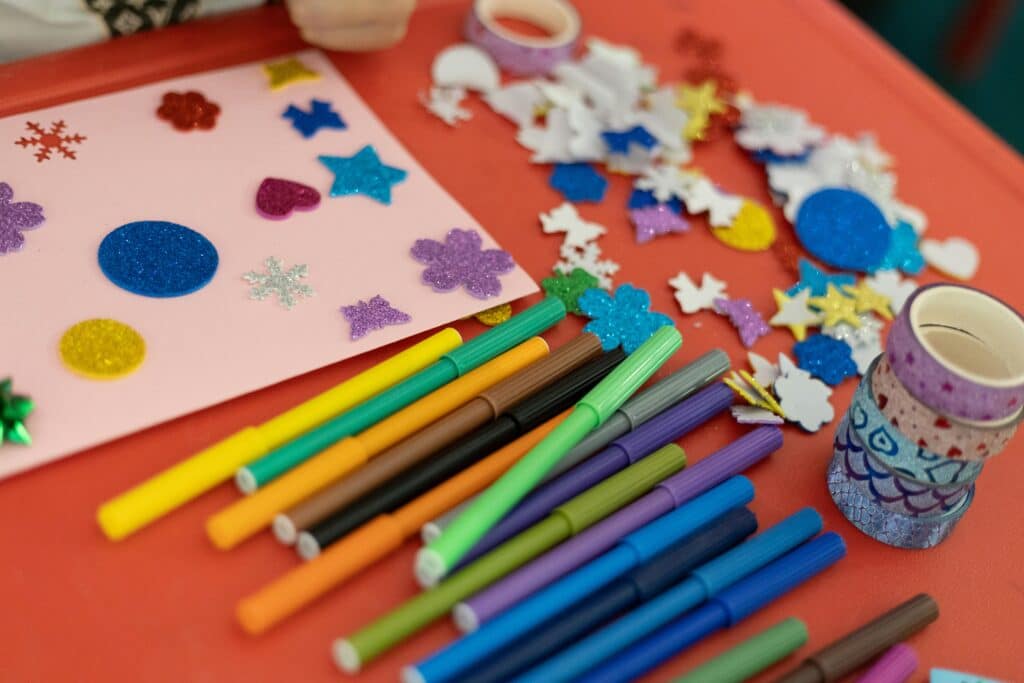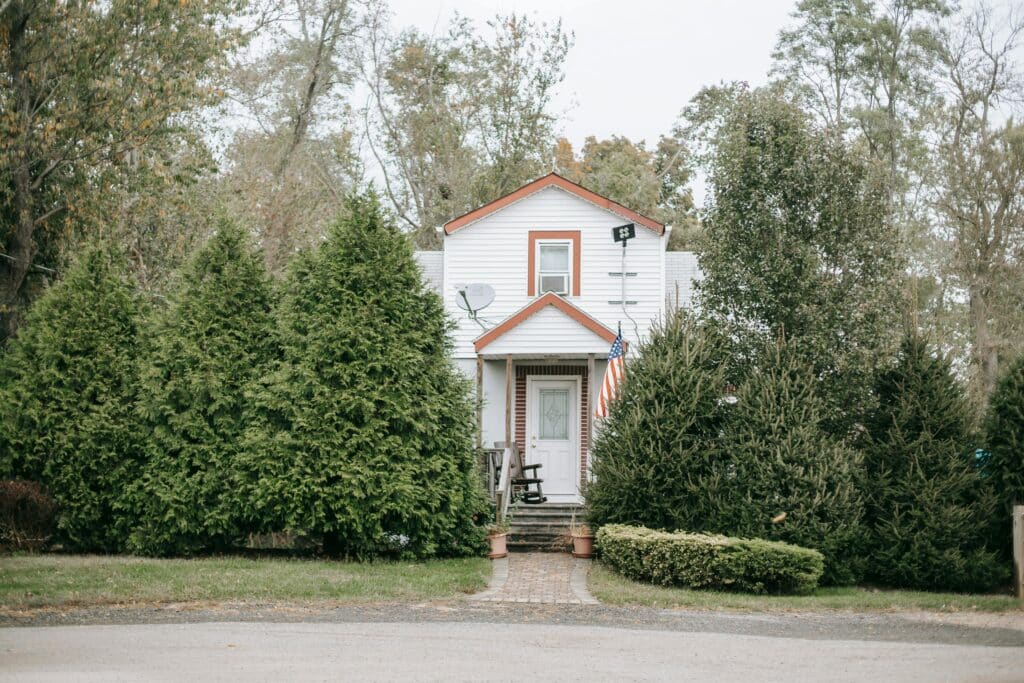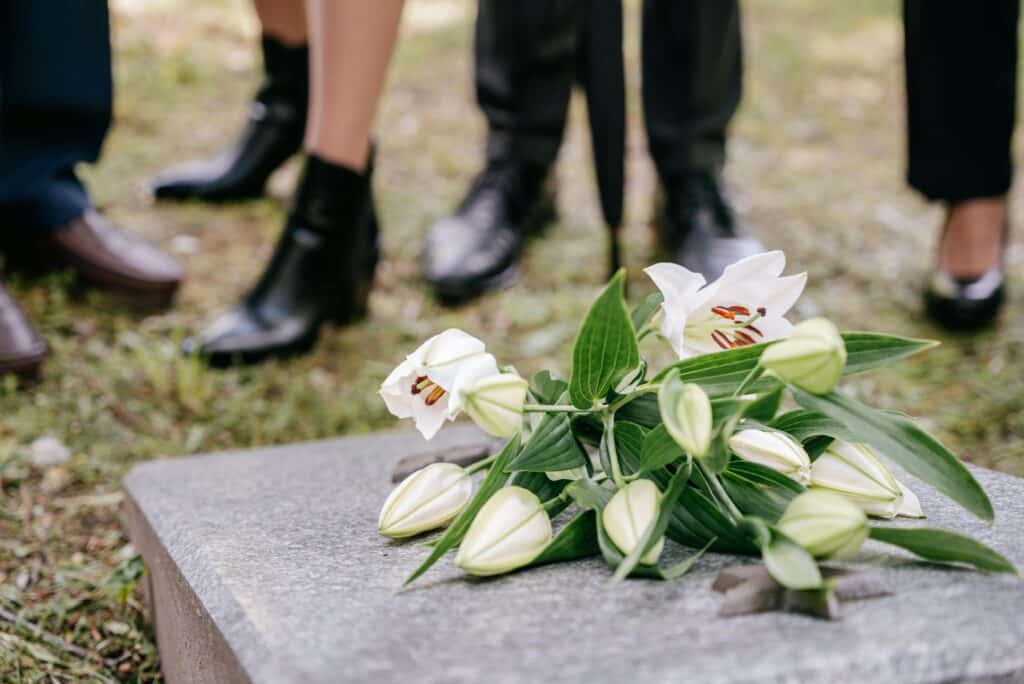We used to have much better words for mother.
You feel like calling someone just “mom” seems too casual for such an important relationship, but you don’t know any alternatives that sound respectful without being awkward or outdated in today’s conversations.
Our language once overflowed with beautiful, meaningful terms for mothers – words far more elegant than simple mummy puns. Many of these forgotten gems are perfect for bringing warmth and respect back to how we talk about maternal figures
Roots and History of the Word Mother
The word “mother” has quite the family tree! It comes from the Old English “modor,” which traces back to the Proto-Germanic “mothēr.”
But here’s the cool part: nearly every language on Earth has a similar-sounding word for mom. Think “mamma” in Latin, “mata” in Sanskrit, or “mère” in French.
Linguists believe this happened because “ma” and “mama” are among the first sounds babies make. Smart ancient folks figured their little ones were calling for the most important person in their lives.
The “th” sound was added later as languages became more complex. By the 1400s, “mother” had settled into the spelling we know today.
What’s wild is how consistent this pattern stays across cultures that have never met each other. From “mama” in Swahili to “omma” in Korean, mothers everywhere have similar names.
Pretty sweet how universal a mother’s love really is!
Old-fashioned Words for Mother with Meanings Today
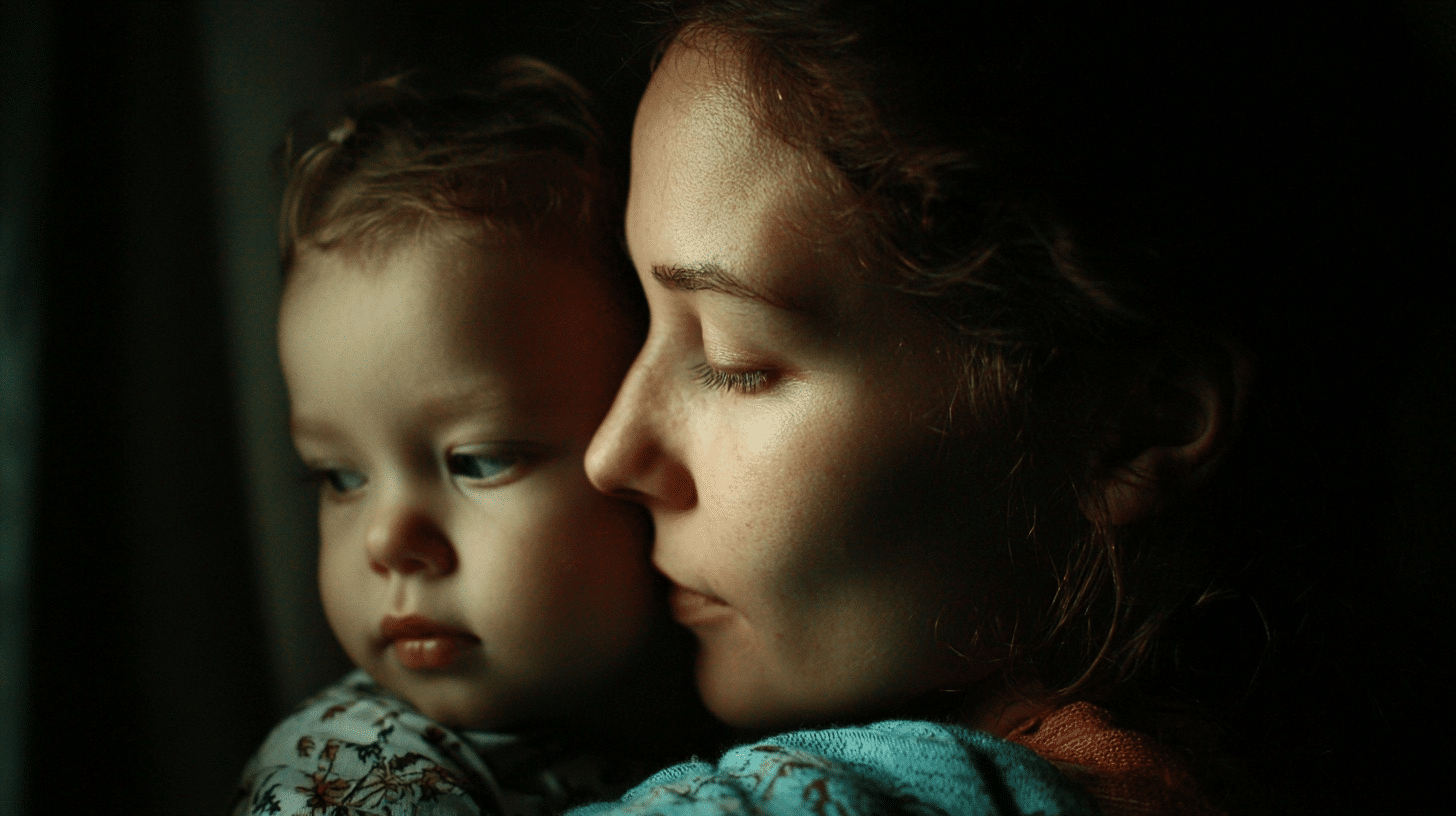
Unlike Gen Z slangs for mom, these vintage terms for mother carry stories from different eras. Some sound formal, others feel surprisingly modern. Each one tells us something about how families talked to each other back in the day.
Mater
This Latin-rooted word was popular among educated families in the 1800s and early 1900s. Upper-class British families loved using “Mater” because it sounded refined.
Today, it might sound a bit stuffy, but imagine texting “Thanks, Mater!” to your mom. She’d probably laugh and ask if you’ve been reading too much Victorian literature.
Mamma
Before “Mama” became standard, “Mamma” ruled the roost. Italian families still use this today, and it carries warmth that feels both old-world and timeless.
The double “m” gives it extra oomph. Modern twist? It works perfectly for those Instagram posts about family dinners.
Dame
This wasn’t just for knights and nobility. Regular families used “Dame” as a respectful way to address mother figures, especially older women.
Think of it as the original “boss lady.” Today, calling your mom “Dame” might earn you some serious style points.
Matron
Originally meaning the female head of household, “Matron” showed respect for a mother’s authority. Victorian families used this for mothers who ran tight ships.
Modern translation? Your mom, who has everything organized and knows where everyone’s stuff is.
Ma’am
Short for “Madam,” this Southern favorite shows deep respect. Many families still use it today, especially in traditional households. It bridges old-fashioned manners with contemporary family life perfectly.
How Did the Tradition Progress Into the New Ones
Language changes faster than fashion trends, and mother terms are no exception. Here’s how we went from fancy Victorian names to today’s casual calls.
| Era | Popular Terms | Why They Were Used | Modern Equivalent |
|---|---|---|---|
| Medieval Times | Dame, Goodwife | Showed social respect | Boss, Queen |
| Victorian Era | Mater, Mamma | Education and class status | Refined nicknames |
| Early 1900s | Mother, Ma | Formal but warmer | Mom (formal moments) |
| Mid-1900s | Mom, Mama | Casual family life | Still our go-to |
| Today | Mommy, Mama Bear | Personal and playful | Creative pet names |
Social media changed things again. Now mothers get called everything from “Mama Bear” to creative combinations like “Momager.”
The internet permitted us to be silly with family names again, bringing back some of that old-fashioned creativity in new forms.
Final Thoughts
Who knew that calling your mother had such a rich backstory? From ancient “modor” to modern “Mom,” these words show how language grows while love stays constant.
Those old-fashioned terms weren’t just fancy talk; they were families finding special ways to honor the most important person in their lives.
These old words remind us that every generation finds new ways to say the same thing: mothers matter.

